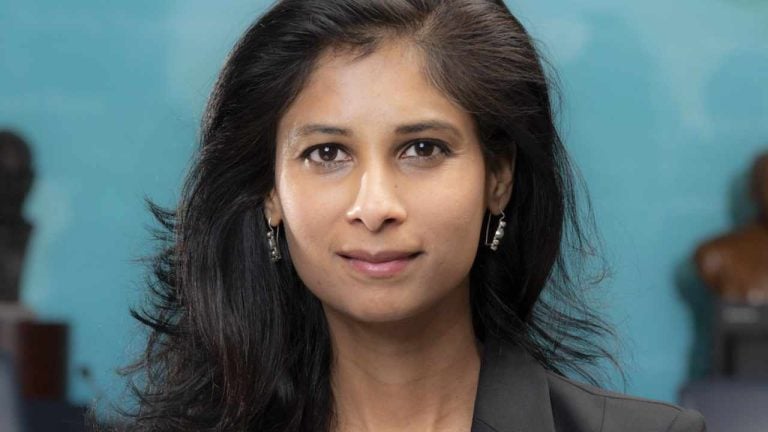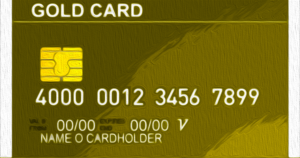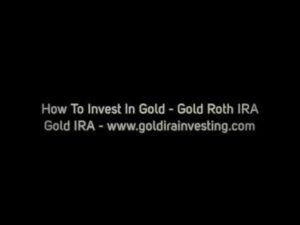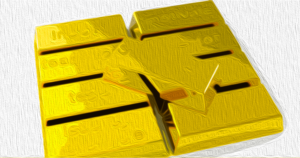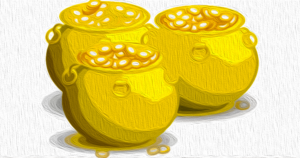
A Turning Point: Are We on the Brink of Cold War II?
The first deputy managing director of the International Monetary Fund (IMF), Gita Gopinath, addressed the topic of "Cold War II" during her speech at the 20th World Congress of the International Economic Association. She emphasized that we are at a turning point and discussed whether we are on the brink of a new Cold War.
Parallels and Differences with the Cold War
Gita Gopinath compared the current situation to the Cold War era, highlighting the key differences between the two. While the Cold War involved the U.S. and the Soviet Union, today it is the U.S. and China that are the major players. However, she pointed out that the stage on which these forces are unleashed is fundamentally different now.
Increased Economic Interdependence
One significant difference Gopinath noted is the higher degree of economic interdependence between countries today. With economies more integrated into the global marketplace and complex global value chains, global trade as a percentage of GDP has risen to 60%, compared to 24% during the Cold War. This increased economic interdependence raises the costs of fragmentation.
Greater Uncertainty and Swings in Ideology
The IMF official also highlighted the greater uncertainty in today's world, with swings in the ideology of political leadership within countries. This makes it difficult to predict allegiances and further raises costs. She emphasized the importance of not losing sight of the gains from open trade and advocated for a multilateral rules-based trading system and the institutions that support it.
The Economic Costs of Cold War II
While Gopinath acknowledged that there are currently no signs of a broad-based retreat from globalization, she warned that fault lines are emerging, and geoeconomic fragmentation is becoming a reality. If fragmentation deepens, there is a risk of entering a new Cold War. The economic costs of such a scenario could be significant, as the world has become more integrated, and there are unprecedented common challenges that a fragmented world cannot effectively tackle. Emerging and developing countries would face the biggest losses, and even those who initially benefit from fragmentation would ultimately lose in a full-blown Cold War.
Conclusion
In conclusion, the IMF official's warning about the risk of Cold War II between the U.S. and China highlights the potential economic costs and challenges that a fragmented world would face. It is crucial for policymakers to advocate for a multilateral rules-based trading system and institutions that support it to preserve the gains from open trade.
Frequently Asked Questions
How much do gold IRA fees cost?
$6 per month is the Individual Retirement Account Fee (IRA). This includes account maintenance fees and investment costs for your chosen investments.
If you want to diversify, you may be required to pay extra fees. The type of IRA you choose will determine the fees. For example, some companies offer free checking accounts but charge monthly fees for IRA accounts.
Many providers also charge annual management fees. These fees range between 0% and 1 percent. The average rate for a year is.25%. These rates are usually waived if you use a broker such as TD Ameritrade.
What precious metal is best for investing?
This depends on what risk you are willing take and what kind of return you desire. Although gold has been considered a safe investment, it is not always the most lucrative. You might not want to invest in gold if you're looking for quick returns. Silver is a better investment if you have patience and the time to do it.
If you're not looking to make quick money, gold is probably your best choice. If you are looking for a long-term investment that will provide steady returns, silver may be a better choice.
Is it a good idea to open a Precious Metal IRA
Precious metals are not insured. This is the most important fact to know before you open an IRA account. If you lose money in your investment, nothing can be done to recover it. This includes losing all your investments due to theft, fire, flood, etc.
This type of loss can be avoided by investing in physical silver and gold coins. These items have been around thousands of years and are irreplaceable. If you were to sell them today, you would likely receive more than what you paid for them when they were first minted.
Choose a reputable company with competitive rates and quality products if you are looking to open an IRA. It's also wise to consider using a third-party custodian who will keep your assets safe while giving you access to them anytime.
You won't get any returns until you retire if you open an account. So, don't forget about the future!
Statistics
- Gold is considered a collectible, and profits from a sale are taxed at a maximum rate of 28 percent. (aarp.org)
- Contribution limits$6,000 (49 and under) $7,000 (50 and up)$6,000 (49 and under) $7,000 (50 and up)$58,000 or 25% of your annual compensation (whichever is smaller) (lendedu.com)
- The price of gold jumped 131 percent from late 2007 to September 2011, when it hit a high of $1,921 an ounce, according to the World Gold Council. (aarp.org)
- You can only purchase gold bars at least 99.5% purity. (forbes.com)
- Instead, the economy improved, stocks rebounded, and gold plunged, losing 28 percent of its value in 2013. (aarp.org)
External Links
irs.gov
law.cornell.edu
- 7 U.S. Code SS7 – Designation board of trade as contract marketplaces
- 26 U.S. Code SS 408 – Individual retirement plans
wsj.com
- Saddam Hussein's InvasionHelped Uncage a Bear in 1990 – WSJ
- You want to keep gold in your IRA at home? It's not legal – WSJ
cftc.gov
How To
Three ways to invest in gold for retirement
It is crucial to understand how you can incorporate gold into your retirement plans. There are many ways to invest in gold if you have a 401k account at work. It is also possible to invest in gold from outside of your work environment. You could, for example, open a custodial bank account at Fidelity Investments if your IRA (Individual Retirement Account) is open. You may also want to purchase precious metals from a reputable dealer if you don’t already have them.
If you do invest in gold, follow these three simple rules:
- Buy Gold with Your Cash – Don't use credit cards or borrow money to fund your investments. Instead, instead, transfer cash to your accounts. This will help protect you against inflation and keep your purchasing power high.
- Physical Gold Coins You Should Buy – Physical gold coins should be purchased over a paper certificate. Physical gold coins can be sold much faster than paper certificates. Physical gold coins are also free from storage fees.
- Diversify your Portfolio. By investing in multiple assets, you can spread your wealth. This will reduce your risk and give you more flexibility in times of market volatility.
—————————————————————————————————————————————————————————————-
By: Kevin Helms
Title: IMF Official Warns of Risk of Cold War II: U.S. and China
Sourced From: news.bitcoin.com/us-china-rivalry-risks-cold-war-ii-warns-imf-official/
Published Date: Wed, 13 Dec 2023 03:30:24 +0000

